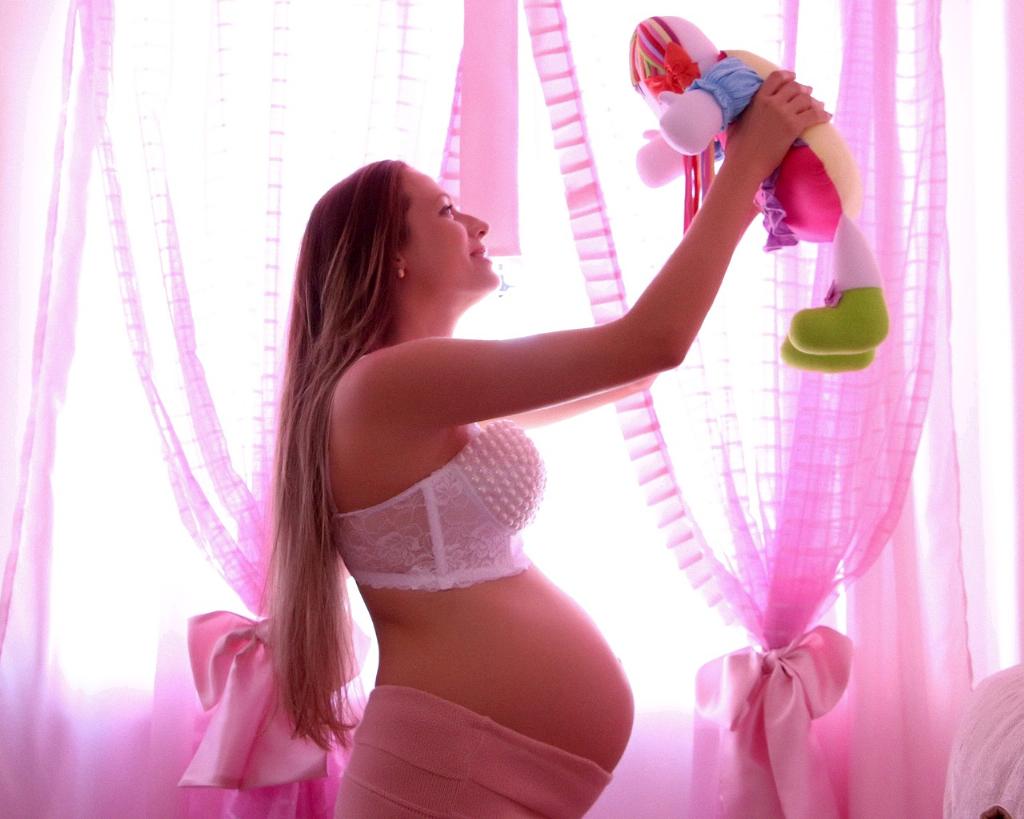When it comes to homemade pregnancy tests, one common method that has been circulating for years is the sugar pregnancy test. This DIY test involves mixing sugar with urine to determine pregnancy based on the reaction of the sugar. But how accurate and reliable is this method? Let’s delve into the details.
How to Perform the Sugar Pregnancy Test
To conduct this test, you will need a tablespoon of sugar and a tablespoon of urine. Mix these two ingredients in a plastic bowl and observe the reaction. If the sugar dissolves quickly in the urine, the result is considered negative. On the other hand, if the sugar forms clumps or does not dissolve, the result is interpreted as positive for pregnancy.
Understanding the Science Behind It
The theory behind the sugar pregnancy test is based on the notion that the hormonal changes in pregnancy can affect the composition of urine, leading to potential changes in its chemical reactions. Advocates of this method claim that the presence of certain hormones in the urine of pregnant individuals can cause the sugar to react differently, hence indicating a possible pregnancy.
Accuracy and Reliability of the Sugar Pregnancy Test
It’s crucial to highlight that the sugar pregnancy test is not scientifically proven or endorsed by medical professionals. While some individuals may have reported accurate results using this method, it is essential to approach it with caution and skepticism. Factors such as timing, urine concentration, and individual variation can all influence the results of this test.
Factors to Consider Before Trying the Sugar Pregnancy Test
Before opting for the sugar pregnancy test, it’s vital to consider certain factors. Firstly, the most reliable way to determine pregnancy is through medical tests conducted by healthcare professionals. DIY methods, including the sugar test, should be viewed as a fun experiment rather than a definitive diagnostic tool.
Potential Risks and Limitations
One of the significant limitations of the sugar pregnancy test is its lack of scientific validation. Relying solely on this method for pregnancy confirmation can lead to inaccurate results and unnecessary stress. Additionally, false positives or false negatives are not uncommon with homemade pregnancy tests.
Seeking Professional Medical Advice
If you suspect you may be pregnant, it is highly recommended to seek guidance from a healthcare provider. Medical professionals can conduct accurate tests, such as blood tests or urine tests, that are designed to detect pregnancy with precision. Avoid solely relying on unproven home methods like the sugar test.
Understanding the Emotional Impact
For individuals who are actively trying to conceive or avoid pregnancy, the emotional toll of uncertainty can be overwhelming. It’s essential to balance curiosity with responsible decision-making and seek support from loved ones or healthcare professionals during this time.
Exploring Alternative Methods
If you are interested in DIY pregnancy tests, there are various other methods, such as the bleach test or the toothpaste test, that are also purported to indicate pregnancy. However, similar to the sugar test, these methods lack scientific backing and should be approached with caution.
Final Thoughts on the Sugar Pregnancy Test
While the sugar pregnancy test may seem like a straightforward and accessible option, it is essential to approach it with a critical mindset. Understanding its limitations, seeking professional medical advice, and prioritizing your emotional well-being are key considerations in any pregnancy-related journey.
Conclusion
In conclusion, the sugar pregnancy test is a DIY method that sparks curiosity but falls short in terms of scientific validity and reliability. When it comes to matters as crucial as pregnancy detection, consulting healthcare professionals and utilizing medically approved tests are the best course of action for accurate results and peace of mind.

